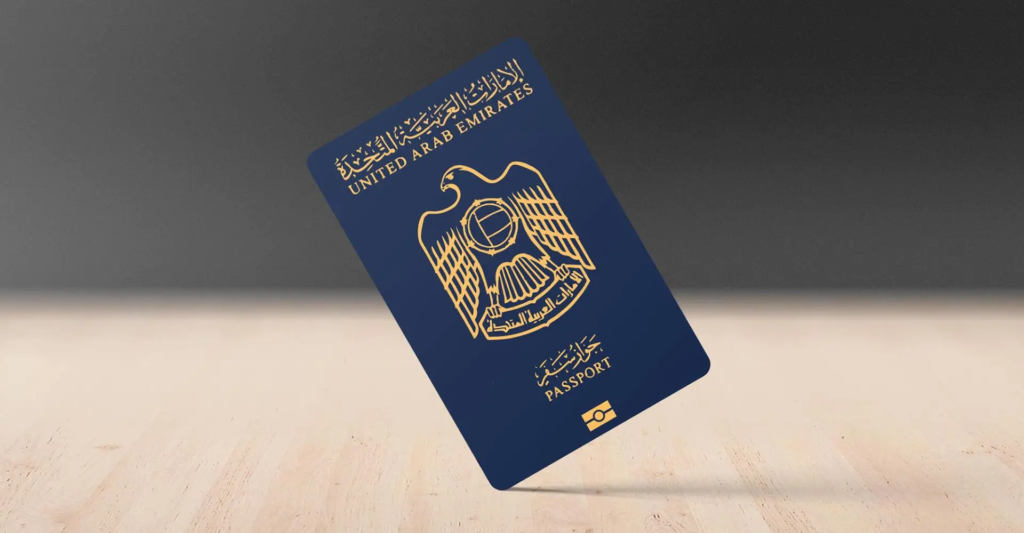Navigating UAE Property Laws: A Guide for Foreign Investors
The UAE has long been a hub for global investment, and its real estate sector is one of the most attractive in the world. With its cosmopolitan lifestyle, thriving economy, and tax-friendly environment, the UAE has become a top destination for foreign investors looking to buy property. However, before diving into the UAE property market, it’s essential to understand the legal framework surrounding property ownership and investment in the region. This guide will walk you through the key points of UAE property laws and what foreign investors need to know.
1. Understanding Property Ownership for Foreigners
One of the most attractive features of the UAE real estate market is that it allows foreign investors to purchase property. However, the rules governing foreign ownership vary depending on the location of the property.
In general, there are two main types of ownership for foreign investors:
- Freehold Ownership: Foreign nationals can purchase properties in designated “freehold” areas, where they own both the property and the land. These areas are typically luxurious developments in cities like Dubai and Abu Dhabi.
- Leasehold Ownership: In areas where freehold ownership is not allowed, foreign investors can purchase property on a leasehold basis. Leaseholds typically last 99 years, after which the land reverts to the original owner.
Key Points:
- Foreign investors can only purchase property in specific areas designated as freehold zones.
- Leasehold agreements are common in other areas where foreign ownership is restricted.
- It is important to verify whether the property is in a freehold zone before proceeding with a purchase.
2. Freehold Areas in the UAE
The UAE government has designated specific areas in Dubai, Abu Dhabi, and other emirates where foreign investors are allowed to purchase freehold property. These areas are often prime locations, such as:
- Dubai: Palm Jumeirah, Downtown Dubai, Dubai Marina, and Business Bay.
- Abu Dhabi: Al Reem Island, Saadiyat Island, and Yas Island.
- Sharjah: Some designated freehold areas are also available for foreign buyers.
These areas are highly sought after due to their luxury offerings, exclusive amenities, and prime locations. The UAE government has made it easier for foreign nationals to invest in these areas, attracting international investors looking to capitalize on the strong returns the UAE real estate market offers.
Key Points:
- Freehold property ownership is permitted only in designated areas.
- Each emirate has its own list of designated freehold zones.
- It’s crucial to check the specific area regulations before purchasing property.

3. Foreign Investor Visa Options
One of the significant advantages of investing in UAE real estate is the availability of investor visas, which allow foreign buyers to live and work in the UAE. The government offers various visa programs to attract foreign investors, including:
- Golden Visa: This long-term residency program allows investors to obtain a visa for up to 10 years, provided they invest in specific real estate developments worth at least AED 2 million.
- Retirement Visa: Foreign investors who meet certain criteria, such as owning property worth AED 1 million or more, may be eligible for a retirement visa.
- Property Owner Visa: Investors who purchase property worth a certain amount, typically AED 1 million or more, may be eligible for a renewable residency visa.
These visa options not only grant the investor the ability to reside in the UAE but also offer an attractive opportunity to establish a long-term presence in one of the world’s most stable and tax-friendly environments.
Key Points:
- Foreign investors who meet the required property investment thresholds may qualify for long-term residency visas.
- The Golden Visa is one of the most popular visa options, offering up to 10 years of residency.
4. Property Purchase Process for Foreign Investors
The process of purchasing property in the UAE is relatively straightforward, but it’s crucial for foreign investors to follow the correct procedures to ensure a smooth transaction. Here’s a general overview of the steps involved:
- Research and Choose a Property: Begin by identifying a property that suits your investment goals, whether it’s for rental income, capital appreciation, or personal use.
- Engage a Real Estate Agent: A licensed real estate agent can help you find the right property, guide you through the legal process, and ensure that the deal is conducted in compliance with UAE property laws.
- Sign a Memorandum of Understanding (MOU): After selecting a property, the buyer and seller sign an MOU that outlines the terms of the sale.
- Deposit and Transfer: The buyer is required to make a deposit, usually 10% of the property value. Following this, the sale proceeds to the transfer stage, where the property title is transferred to the buyer’s name.
- Register the Property: After completing the sale, the buyer must register the property with the relevant land department (Dubai Land Department, Abu Dhabi Department of Municipalities, etc.).
Key Points:
- It’s advisable to work with a licensed real estate agent and legal advisor to ensure compliance with local laws.
- Be prepared to pay a deposit (usually 10%) and transaction fees (around 4% of the property value in Dubai).

5. Legal and Regulatory Considerations
When investing in UAE real estate, it is crucial to be aware of the legal and regulatory frameworks that govern property ownership. Some important considerations include:
- Real Estate Escrow Accounts: In Dubai, developers are required by law to deposit funds from off-plan property sales into escrow accounts to protect buyers.
- Due Diligence: Always perform thorough due diligence before making a purchase. This includes verifying the developer’s credentials, checking for any existing liabilities or liens on the property, and ensuring that the property is free from disputes.
- Service Charges and Maintenance Fees: Investors must also factor in annual service charges and maintenance fees, which vary depending on the property type and location.
Key Points:
- Use escrow accounts to ensure that funds are secured in off-plan property deals.
- Always verify property documents and conduct thorough due diligence to avoid potential issues.
Conclusion
The UAE offers a wealth of opportunities for foreign investors looking to enter the real estate market, thanks to its favorable tax policies, world-class developments, and investor-friendly regulations. Understanding the legal landscape, including the restrictions on property ownership, the process of acquiring a visa, and the necessary steps for purchasing property, is essential to ensuring a successful investment. With careful research and professional guidance, foreign investors can navigate UAE property laws and enjoy lucrative returns in one of the most dynamic real estate markets in the world.
